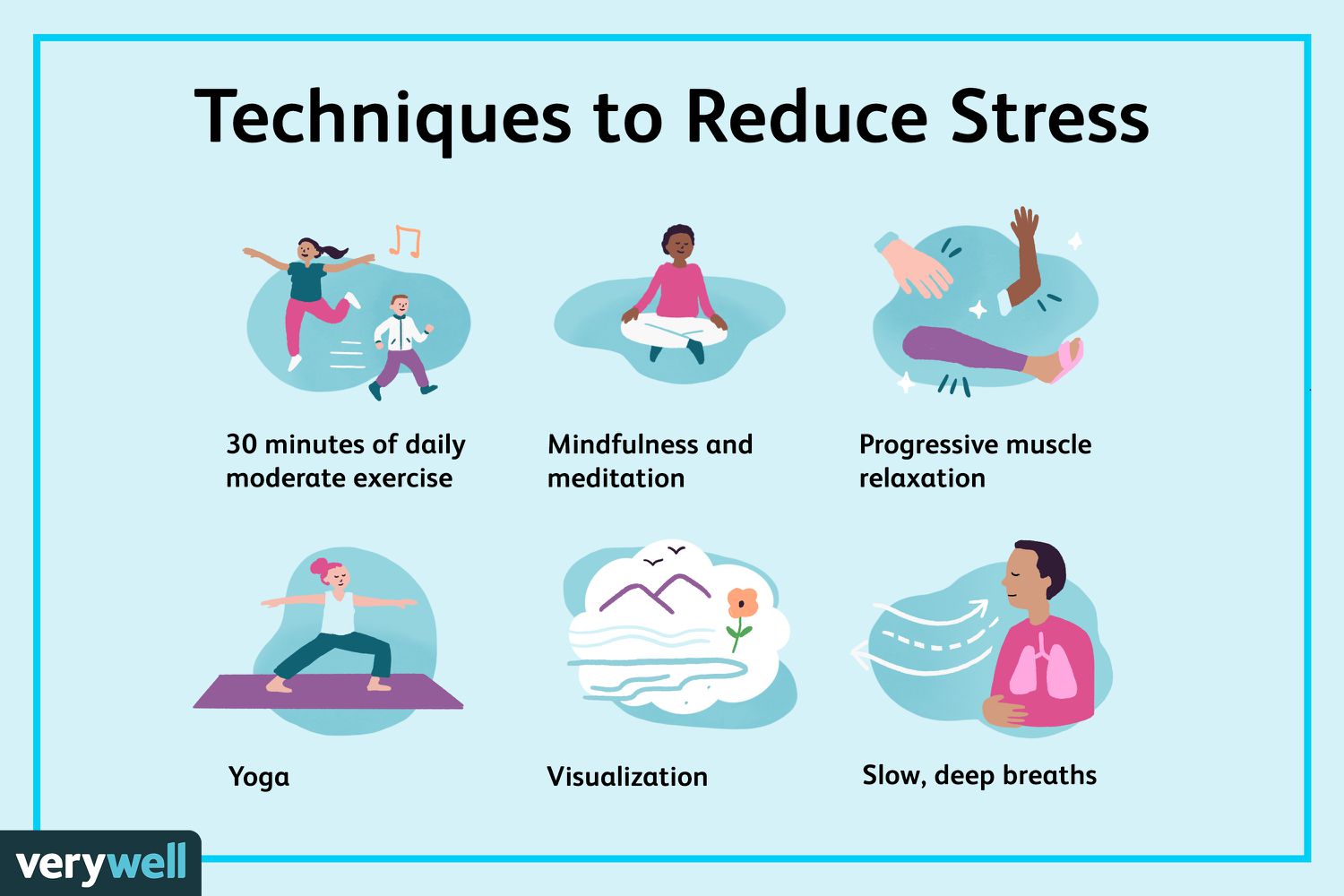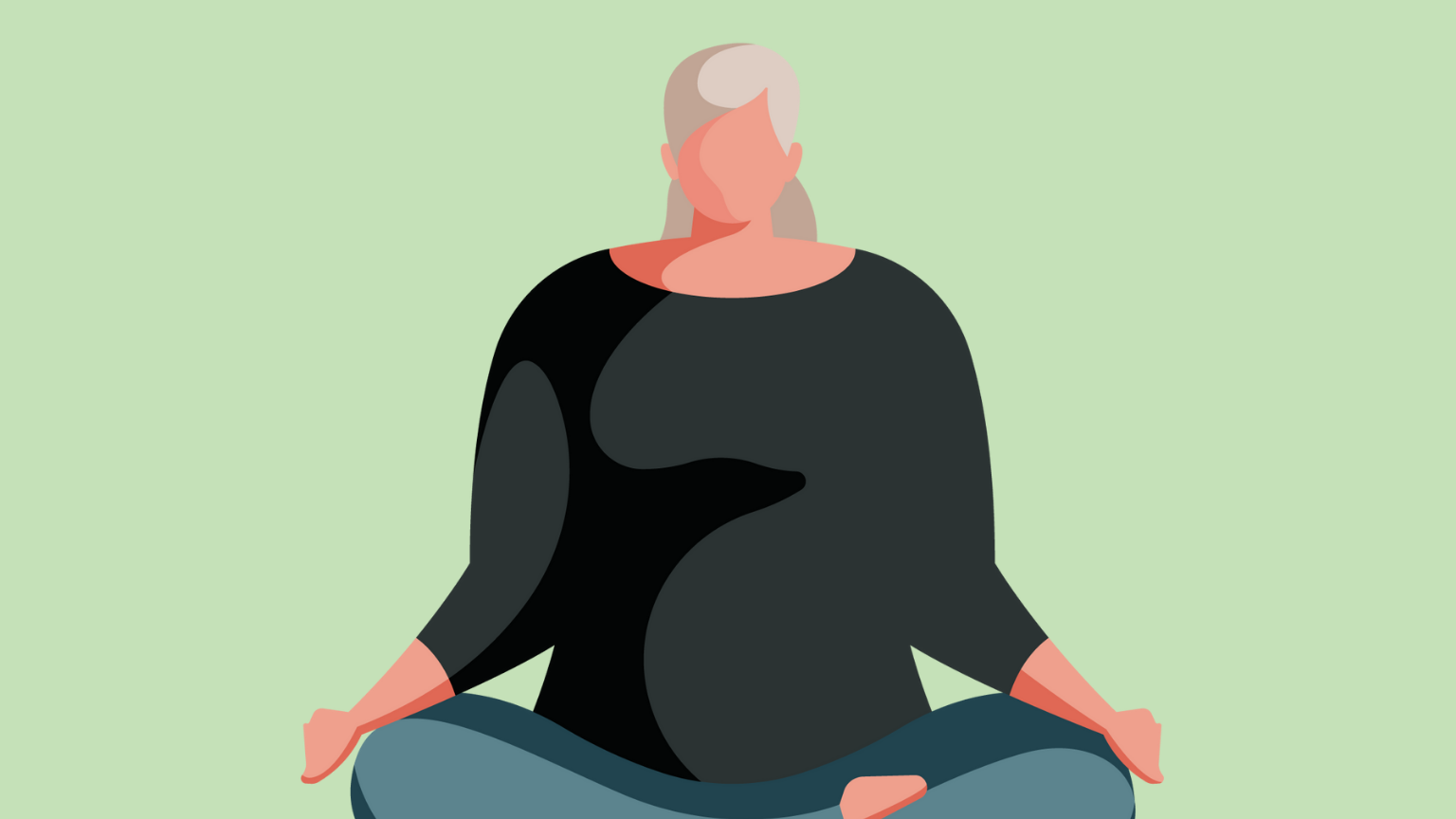Nutrition for Stress Resilience
The food we eat directly influences our body's ability to handle stress. Certain nutrients support neurotransmitter production, regulate stress hormones, and protect against oxidative damage. This comprehensive guide explores the science of nutritional stress management and provides practical dietary strategies to enhance your resilience.
The Gut-Brain Axis
Emerging research reveals a bidirectional communication system between our digestive tract and brain:
Microbiome Influence
Gut bacteria produce neurotransmitters like serotonin (90% of which is made in the gut) and GABA that regulate mood and stress response.
Inflammation Connection
Chronic stress increases intestinal permeability ("leaky gut"), allowing inflammatory compounds to enter circulation and affect brain function.
A 2021 study in Nature Mental Health found that participants following a Mediterranean diet had 32% lower stress levels compared to those eating a standard Western diet.
Key Nutrients for Stress Resilience
These nutrients play crucial roles in stress physiology:
Magnesium
Nature's relaxation mineral:
- Regulates the HPA axis (our stress response system)
- Deficiency linked to increased anxiety and insomnia
- Food sources: Spinach, pumpkin seeds, almonds, black beans
Omega-3 Fatty Acids
Essential for brain health and inflammation control:
- EPA and DHA forms reduce inflammatory markers elevated by stress
- Enhance serotonin and dopamine signaling
- Food sources: Fatty fish (salmon, sardines), walnuts, flaxseeds
A 2020 meta-analysis found omega-3 supplementation reduced anxiety symptoms by 20% in stressed populations.
B Vitamins
Critical for energy production and neurotransmitter synthesis:
- B6 is needed to produce serotonin, GABA, and dopamine
- B9 (folate) and B12 deficiency linked to depression
- Food sources: Whole grains, eggs, leafy greens, nutritional yeast
Adaptogenic Herbs
These plants help the body adapt to stress:
Ashwagandha
Shown to reduce cortisol levels by up to 28% in clinical trials. May improve stress resilience with 300-600mg daily.
Rhodiola Rosea
Enhances mental performance under stress. Typical dose: 200-400mg daily.
Holy Basil (Tulsi)
Balances cortisol and blood sugar. Can be consumed as tea or supplement.
The Stress-Busting Plate
Build meals that support stress resilience:
Protein
Provides amino acids like tryptophan (precursor to serotonin) and tyrosine (precursor to dopamine). Sources: Fish, poultry, eggs, legumes, tofu.
Complex Carbohydrates
Help tryptophan cross the blood-brain barrier. Choose whole grains, sweet potatoes, quinoa for steady energy.
Colorful Vegetables
Provide antioxidants that combat oxidative stress. Aim for a rainbow of colors to get diverse phytonutrients.
Healthy Fats
Support brain structure and function. Include avocados, olive oil, nuts, seeds, and fatty fish.
Stress-Exacerbating Foods
These dietary components can amplify stress responses:
- Refined sugar - Causes blood sugar spikes and crashes that trigger stress hormones
- Processed foods - Often lack nutrients needed for neurotransmitter production
- Excessive caffeine - Can overstimulate the nervous system in sensitive individuals
- Artificial additives - Some may affect neurotransmitter balance
Practical Implementation
Start with small, sustainable changes like adding one stress-busting food daily. Keep stress-friendly snacks (like nuts or dark chocolate) available during busy times. Stay hydrated—even mild dehydration increases cortisol. Consider working with a nutritionist if you need personalized guidance for your stress-related dietary needs.






